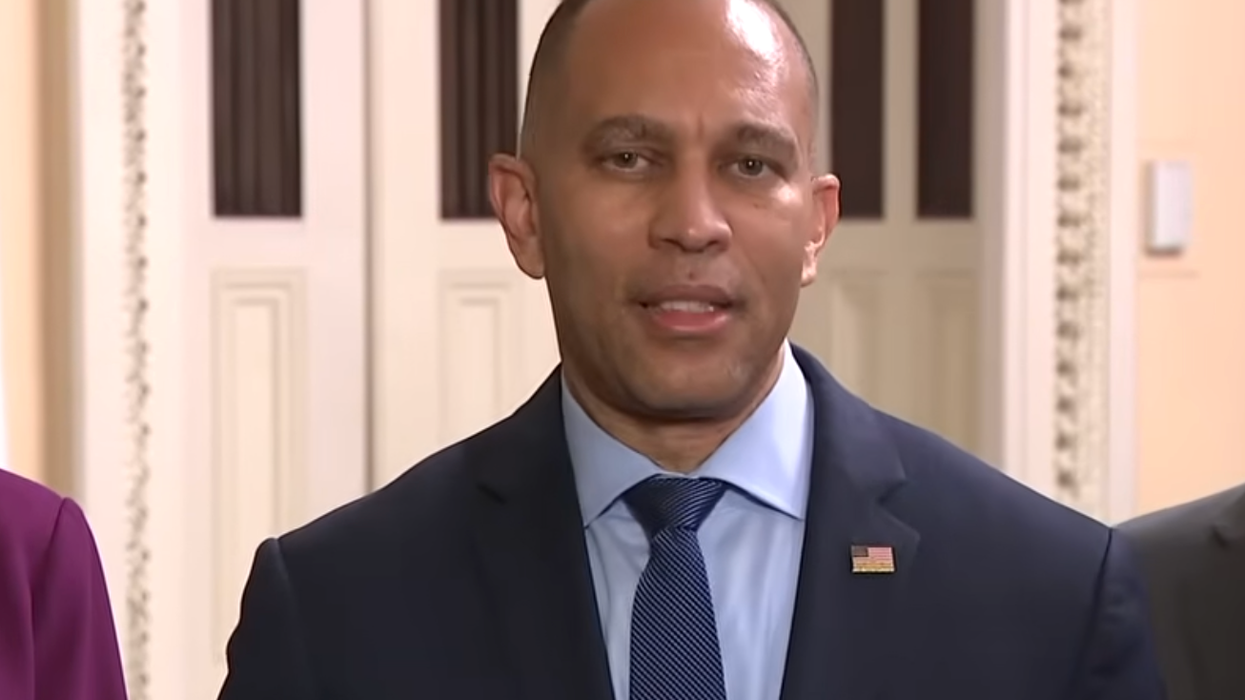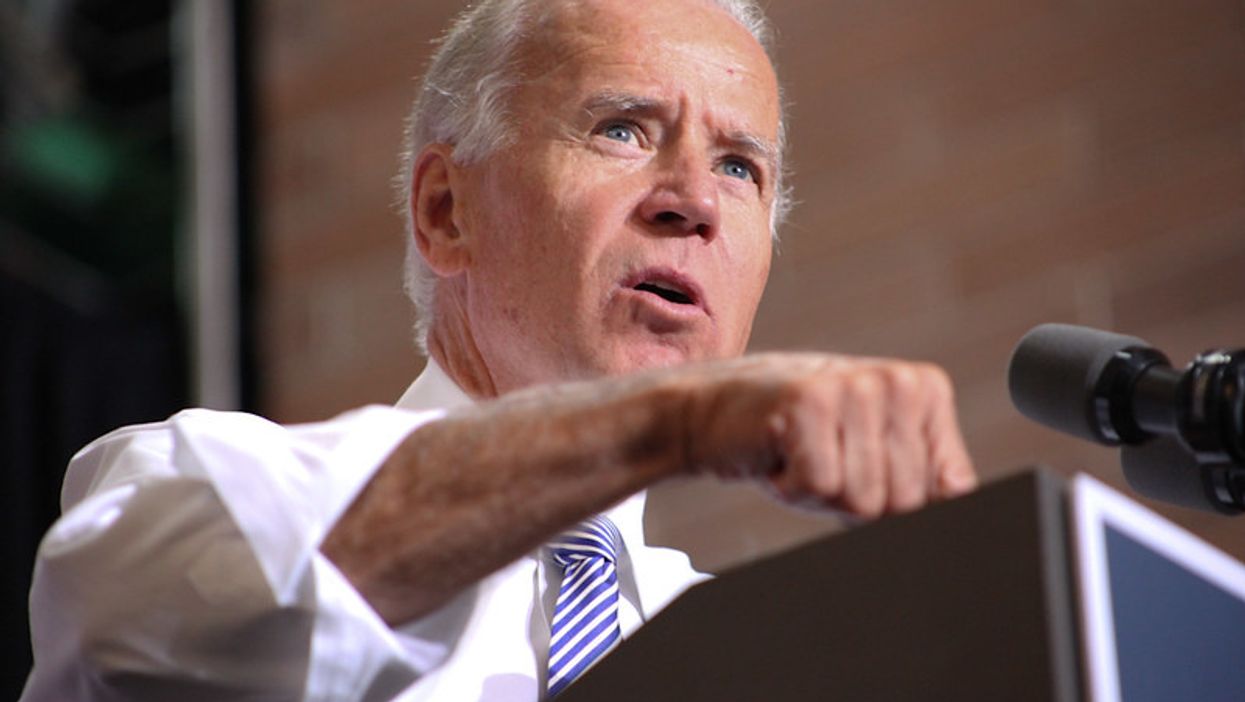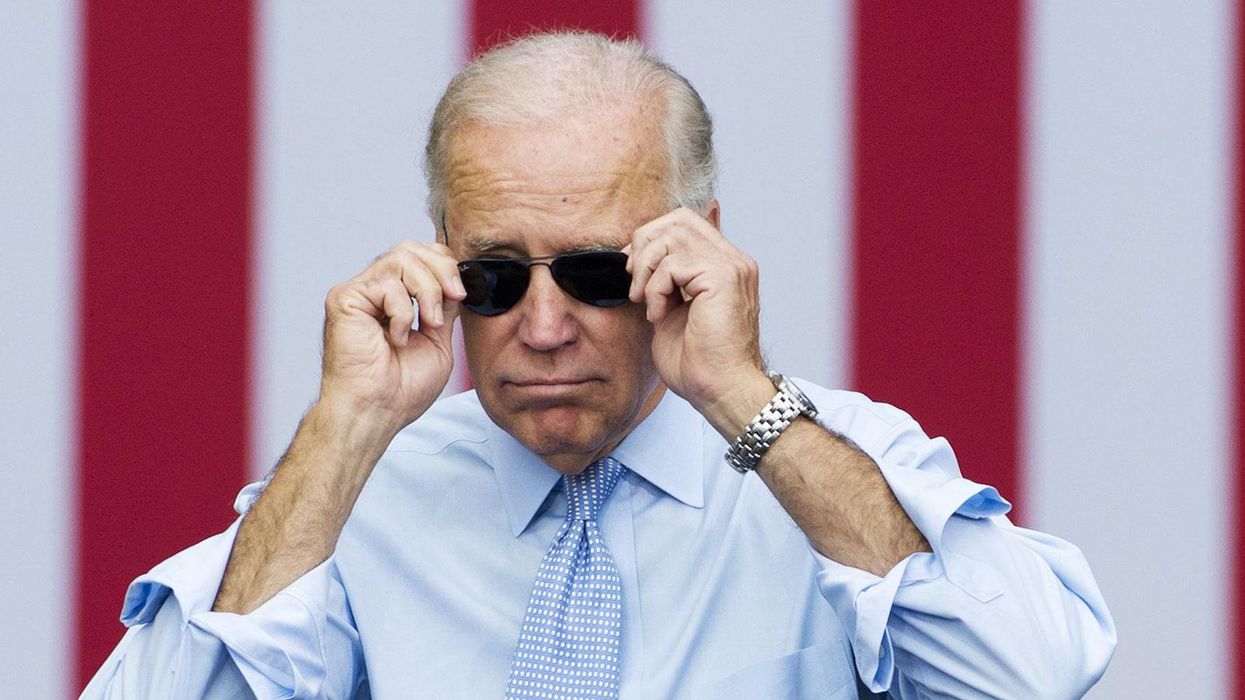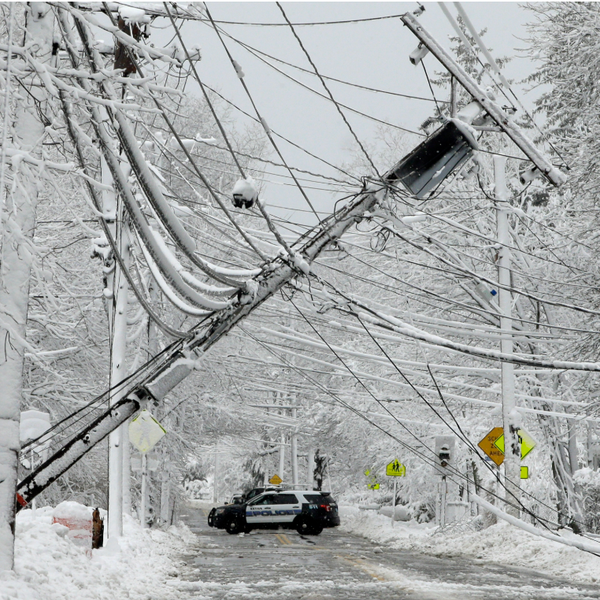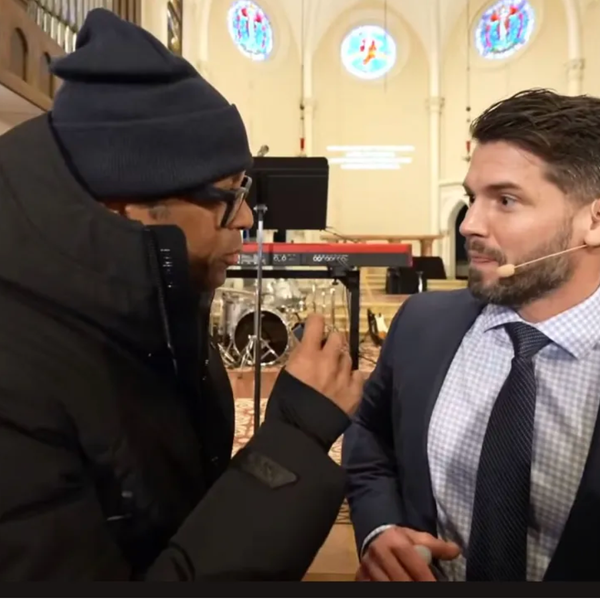To Win, Democrats Must Offer Pragmatic And Progressive Governance
The Democratic Party's low approval ratings have sent a stern message to its members. But what is it? Is it a failure to loudly fight an unpopular president on every matter? Is it anger over the party's previous obsession with boutique causes — transgender rights, for instance — while downplaying broad economic concerns? Or is it the lack of an alternative vision in the form of nuts-and-bolts legislating that contrasts with Trump's toxic conflict? How on earth did Democrats lose the working class to the party that's slashing its health benefits?
My vote goes to the last theory. Rather than rely on a mirror image of MAGA extremism and push solutions for things voters don't much care about, Democrats should offer a calm vision of stability.
There was a reason "No Drama Obama" got elected president twice despite having "Hussein" as a middle name. The fringe left sulked over Bill Clinton's "triangulating" — that is, adopting parts of opposing platforms to appeal to a wider audience. But that's why Clinton won two terms and left office with higher approval ratings than the sainted Republican Ronald Reagan.
'Tis better to triangulate than lose nearly all power to the other party. Republicans control the presidency and both Houses of Congress. Democrats would most effectively "fight back" by choosing the right direction and tone.
The recent intraparty throat-grabbing over the bipartisan policing legislation provides a clear contrast. It started when Sen. Cory Booker of New Jersey tore into fellow Democrats for supporting it. He hotly called them "complicit" with the Trump policy agenda.
"I say we stand, I say we fight," he bellowed. "I say we reject this. When will we stand and fight this president?"
Sen. Catherine Cortez Masto, a Nevada Democrat, fought back. The policing bills, though not perfect, do useful things, such as maintain mental health services for law enforcement officers. They promote recruiting police in the officers' home communities.
Sen. Amy Klobuchar of Minnesota joined Cortez Masto in supporting the package and in trying to stop Booker from hanging a soft-on-crime-sounding position around the party's neck. She further noted that Booker failed to show up at the committee meeting where he could have tried to modify the legislation. Only after it was on the full Senate floor did Booker take the stage to condemn it.
Booker responded angrily to the implication that he was a showboater. "Don't question my integrity," he shouted back.
It's a good guess that Booker plans to run for president in 2026. Toward that end, he's auditioning to become champion of the Democratic "resistance" toward Trump. One recalls his 25-hour tirade on the Senate floor as an impressive act of endurance. But things Democrats say to the far-left bleachers can come to haunt them in a general election. Just ask Kamala Harris.
Democrats wanting their party to take back power should promise relief to a public wearied by daily Trumpian chaos. Both Cortez Masto and Klobuchar represent purple states that determine the outcome of national elections. They must appeal to independents and others wary of radical politics from all sides. Booker's New Jersey is reliably Democrat.
Look at Roy Cooper for guidance. The Democrat is the popular former governor of nearly red North Carolina. Cooper is now running for a U.S. Senate seat and polling ahead of his likely Republican opponent.
Cooper championed Medicaid expansion, raised teacher pay and pushed for planting a million urban trees, an environmental policy that doesn't threaten anyone's livelihood.
It's not just Democrats. Polls also show strong disapproval of Trump. Voters don't need reasons to dislike him. What they need is a pragmatic governance and policies that don't scare them. That's what Democrats must offer.
Reprinted with permission from Creators.


